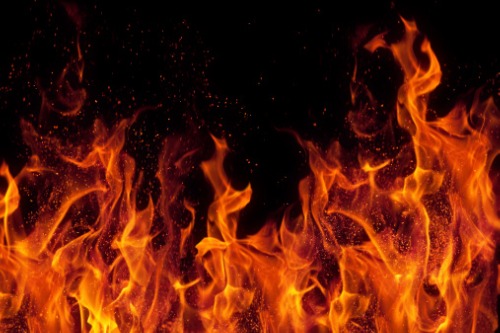

The mayor of Lytton – a town devastated by the recent wildfires in BC – is worried that the catastrophe could have an impact on the future availability and cost of insurance in the region.
“I am concerned going forward,” said Mayor Jan Polderman.
Polderman also told Global News that even before the wildfire hit the region last week, insurance was becoming a lot more difficult to secure for local businesses, citing an instance when he spoke with a local company that had to give up coverage for the first time this year.
Even insurance experts are worried about how the increase in wildfire incidents over time – or any catastrophic disaster – could affect insurance premiums.
Blair Feltmate, head of the Intact Centre on Climate Adaptation at the University of Waterloo, noted that most research on the relationship between climate change-linked extreme weather and home insurance premium is about flooding. He said that over the past five years, home insurance premiums have increased by roughly 20-25%, with 60% of the increase due to residential flooding. Feltmate also mentioned that coverage limits have also decreased within the same period, and a growing number of homes have become virtually uninsurable due to flooding.
Feltmate told Global News that when it comes to wildfire risk, premium increases might follow a similar upward trend.
The Insurance Bureau of Canada (IBC) is also of the belief that Canada is becoming “a riskier place for insurers to do business.”
According to IBC vice president of federal affairs Craig Stewart, individuals living in areas prone to flooding, fire or other extreme events are likely to see the steepest premium increases – based on updated risk modeling. But Stewart also pointed out that insurance risk linked to climate change can be “widespread,” and not just limited to those living in high-risk areas.
“We can all be feeling it in our pocketbooks,” Stewart told Global News.
